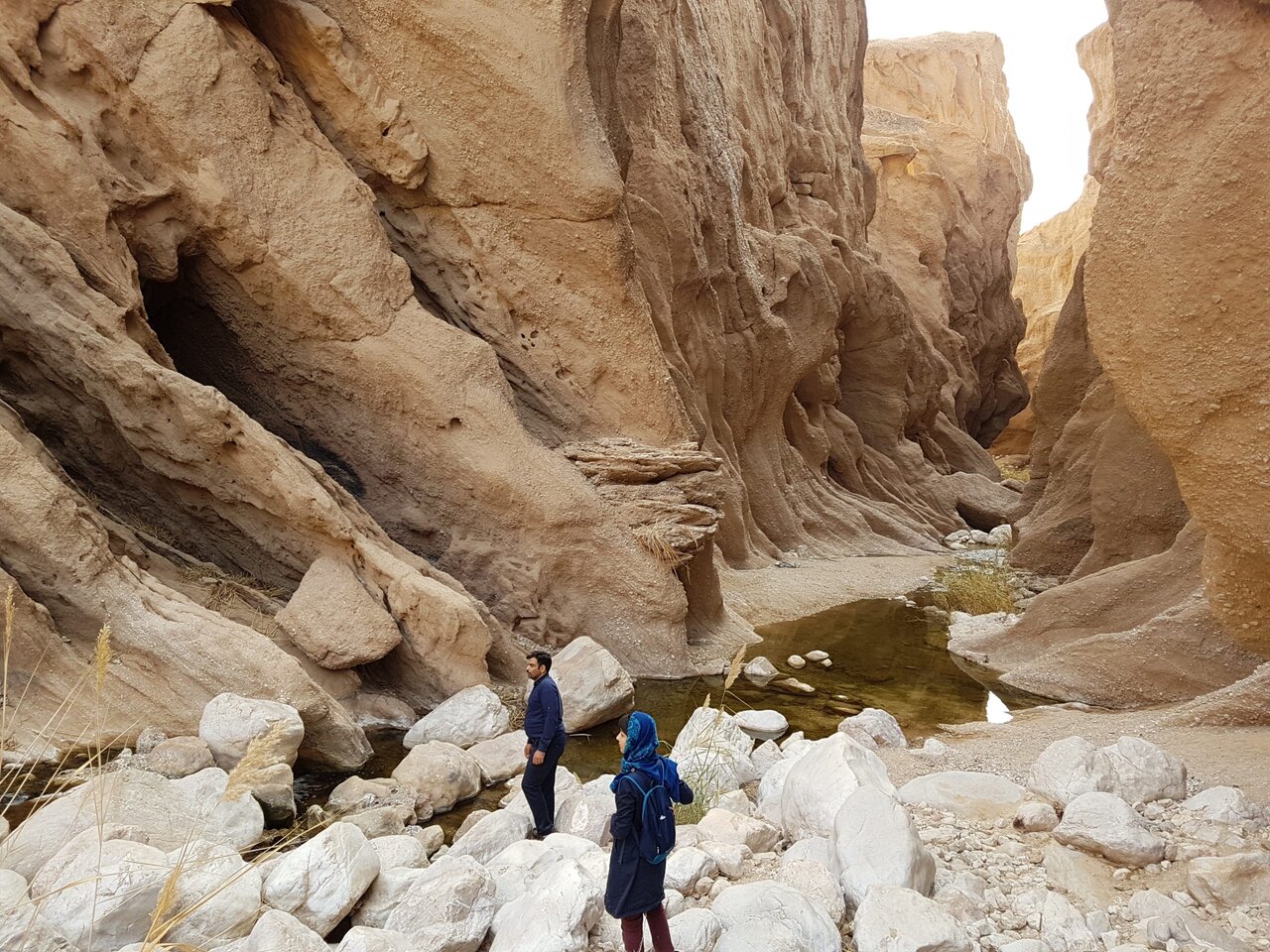Bulgarian tourists to set foot in Tabas Geopark

TEHRAN – A group of Bulgarian tourists has scheduled to explore Tabas UNESCO Global Geopark, a captivating natural site situated in the northwest of South Khorasan province.
On Sunday, a provincial official in charge of tourism, outlined that a group comprising 16 travelers from Bulgaria is anticipated to embark their journey in South Khorasan.
Morteza Arabi added that the excursion is slated to commence on May 15.
Arabi also highlighted that this burgeoning interest in inbound tourists, particularly in the historical and natural landmarks of South Khorasan, marks a pivotal moment in the province’s efforts to attract foreign visitors.
Furthermore, the official emphasized the pivotal role of bilingual and up-to-date content generation as a linchpin in the endeavor to entice inbound tourists.
Such fam tours stand prominently on the agenda of the Cultural Heritage, Tourism and Handicrafts Ministry, reflecting its commitment to fostering sustainable tourism growth and cross-cultural engagement.
Situated in South Khorasan province, the gigantic Tabas Geopark was officially registered in the listing of UNESCO Global Geoparks (UGGp) in 2022.
The geopark includes 50 geo-sites, a variety of scenic landscapes, and untouched terrains with the mysterious Kal-e Jeni (canyon of Jinn) located in Azmighan village. Some say that Kal-e Jeni is still unexplored by many potential travelers and adventurers who may not even know such a wonderful attraction exists on Earth!
A UNESCO definition of the Global Geopark is a unified area with a geological heritage of international significance. Geoparks use this heritage to promote awareness of key societal issues related to our dynamic planet. Experts believe that the majority of geoparks help raise awareness of geohazards, including volcanoes, earthquakes, and tsunamis, and much help disaster mitigation strategies with local communities. Geoparks embody archives of past climate change and are also indicators of current climate change.
Furthermore, a UNESCO Global Geopark is expected to foster socio-economic development that is culturally and environmentally sustainable, directly affecting the area by improving human living conditions and the rural environment. UNESCO Global Geoparks has multiple aims which included the protection and conservation of its territorial geo-heritage and the culturally and environmentally sustainable development of the area.
According to the UN cultural body, many UNESCO Global Geoparks have strong links to the arts communities, where the synergy released by bringing science and the arts together can yield surprising result
Leave a Comment